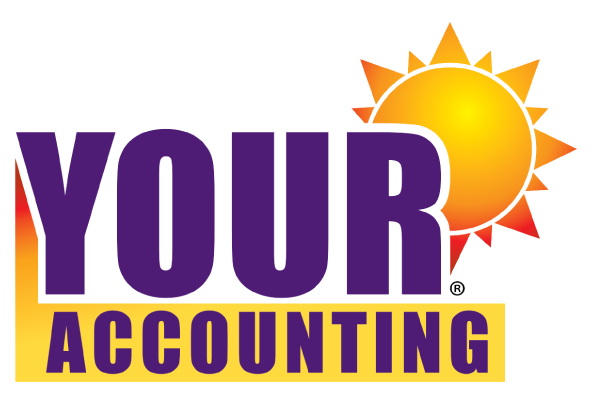In the realm of accounting, there are two primary methods used to track financial transactions: accrual basis accounting and cash basis accounting. While both serve the purpose of recording a company’s financial activities, they differ significantly in their approach and implications. As a business owner, understanding these two methods is crucial for making informed financial decisions. Let’s dive into the differences between accrual basis and cash basis accounting.
Accrual Basis Accounting:
Accrual basis accounting is a method where revenues and expenses are recognized when they are earned or incurred, regardless of when cash is exchanged. In simpler terms, transactions are recorded as they happen, not when money actually changes hands.
Here’s an example: Suppose Your Accounting provides consulting services to a client in January, but the payment is received in February. With accrual accounting, the revenue from the consulting services would be recognized in January, when the service was provided, even though the payment is received later.
This method provides a more accurate picture of a company’s financial position because it matches revenues with the expenses incurred to generate those revenues, giving a more holistic view of the business’s profitability.
Accrual basis accounting is particularly beneficial for businesses with complex financial structures, as it provides a clearer picture of long-term financial health, facilitates better tracking of accounts receivable and accounts payable, and aligns with Generally Accepted Accounting Principles (GAAP).
Cash Basis Accounting:
On the other hand, cash basis accounting is a simpler method that records transactions only when cash is exchanged. Revenue is recognized when cash is received, and expenses are recognized when cash is paid out. This method is straightforward and easy to implement, making it suitable for small businesses with straightforward financial transactions.
Using the same example as before, with cash basis accounting, the revenue from the consulting services would be recognized in February when the payment is received, rather than in January when the service was provided.
While cash basis accounting is simpler, it may not provide an accurate representation of a company’s financial performance, especially for businesses that extend credit to customers or have outstanding bills to pay. It can also distort the timing of income and expenses, making it difficult to assess profitability accurately.
Choosing the Right Method:
The decision between accrual basis and cash basis accounting ultimately depends on the nature and size of your business, as well as regulatory requirements. Larger businesses and those with more complex financial structures generally opt for accrual basis accounting due to its accuracy and compliance with GAAP.
However, smaller businesses with straightforward financial transactions may find cash basis accounting sufficient for their needs, as it is simpler and easier to maintain.
Conclusion:
Accrual basis accounting and cash basis accounting are two fundamental methods used by businesses to track their financial transactions. While accrual basis accounting provides a more accurate picture of a company’s financial health, cash basis accounting is simpler and more straightforward, making it suitable for small businesses.
At Your Accounting, we understand the importance of choosing the right accounting method for your business. Our team of experienced professionals can help you navigate the complexities of accrual and cash basis accounting, ensuring that your financial records are accurate and compliant with regulatory standards. Contact us today to learn more about how we can assist you in managing your finances effectively.

Recent Comments